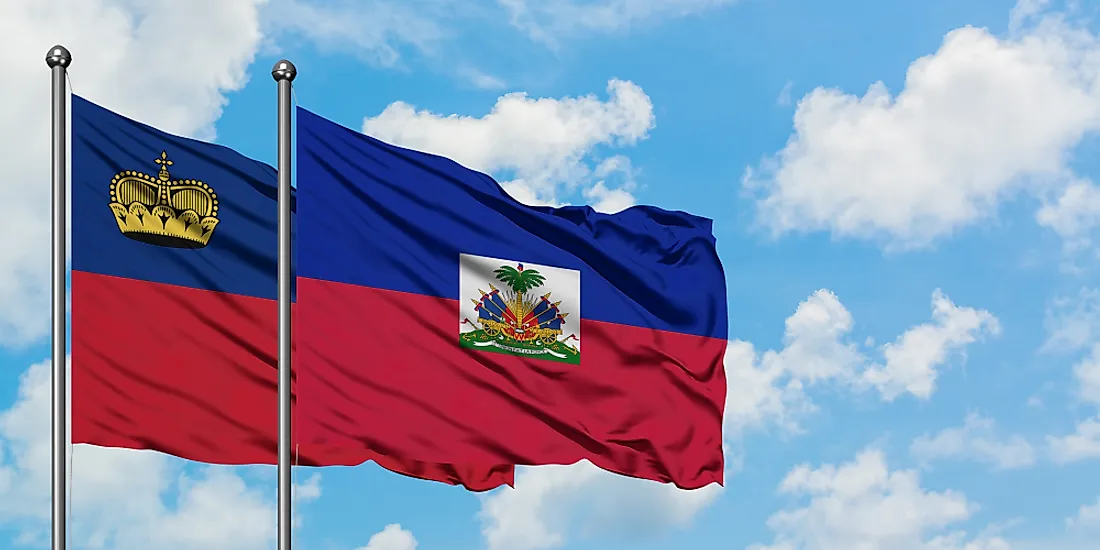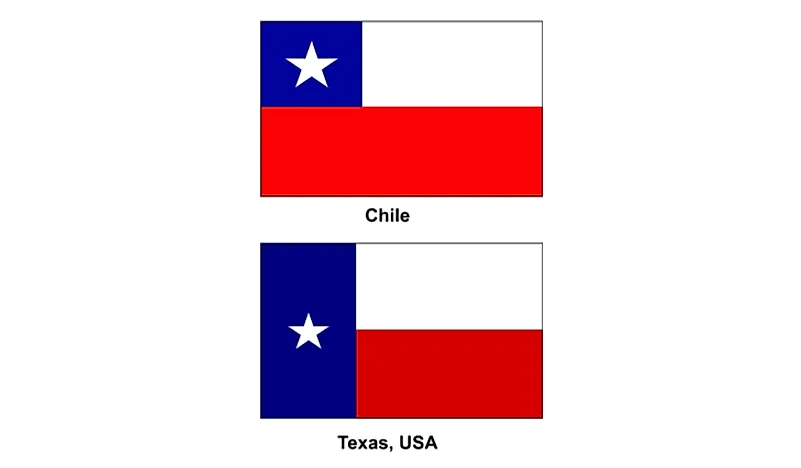The official language of Saint Vincent and the Grenadines is English, which is a North Sea Germanic language of the Indo-European family. In Saint Vincent and the Grenadines, English is used as a language of instruction from the primary to the tertiary level, as well as in government, religion, media, and other formal settings. British colonization in 1763 facilitated the use of the English language in the country and this continued even after gaining independence in 1979. However, Vincentian Creole is spoken by a majority of the citizens as their second language and is used mainly in informal settings. It was developed as a distinctive alternative to the English language adapted for use commonly in rural areas. It belongs to the English Creole language family. Both languages use the Latin alphabet which comprises of 26 letters.
About 400,000 inhabitants extensively speak the English language in Saint Vincent and the Grenadines. Vincentian Creole has slowly gained popularity and is used by around 138,000 speakers.
As a British colony, Saint Vincent and the Grenadines’ written form of the English language uses British spellings compared to the US spellings. For instance, words end in –our instead of –or. Examples include flavor, harbor, behavior, and so forth. The Vincentian creole is mainly based on English vocabulary.
The minority language found in Saint Vincent and the Grenadines is French Patois. It uses a combination of both French and African grammar with words drawn from Spanish and English. The language can be traced to the time of French control in the country. Another minority language is French. However, it is spoken by very few people on the island as their first language.
This page was last modified on May 1st, 2018
More on Graphicmaps

Published on 2019-11-06
What is a Trade Embargo?

Published on 2019-11-04
Which Two Countries Used to Have the Same Flag?

Published on 2019-09-16
What Is the Only Two-Sided State Flag?

Published on 2019-09-16
Which Country Flag Looks Like the Texas Flag?

Published on 2019-08-29
Flags That Resemble the US Flag

Published on 2019-08-20
